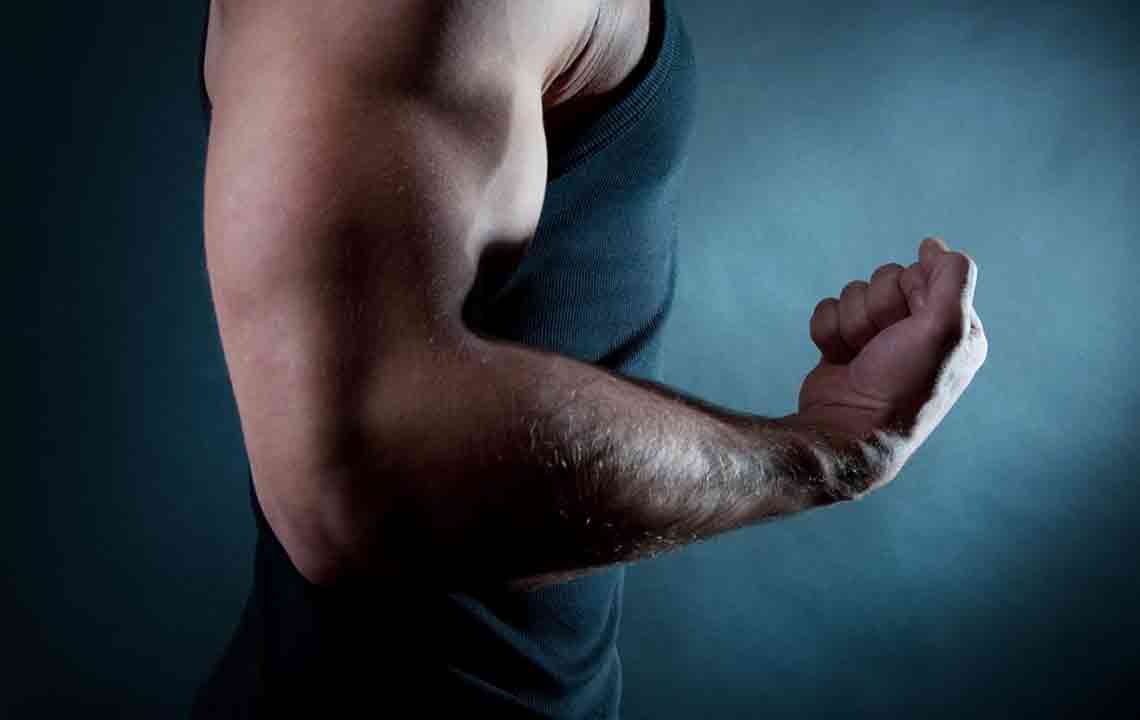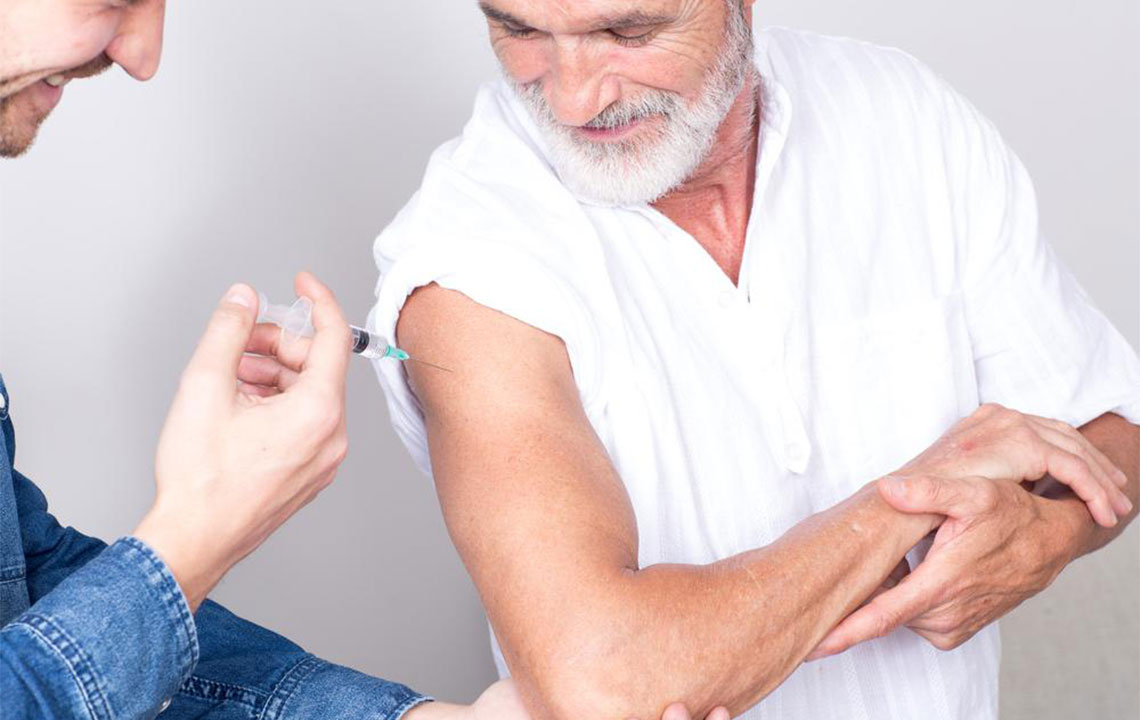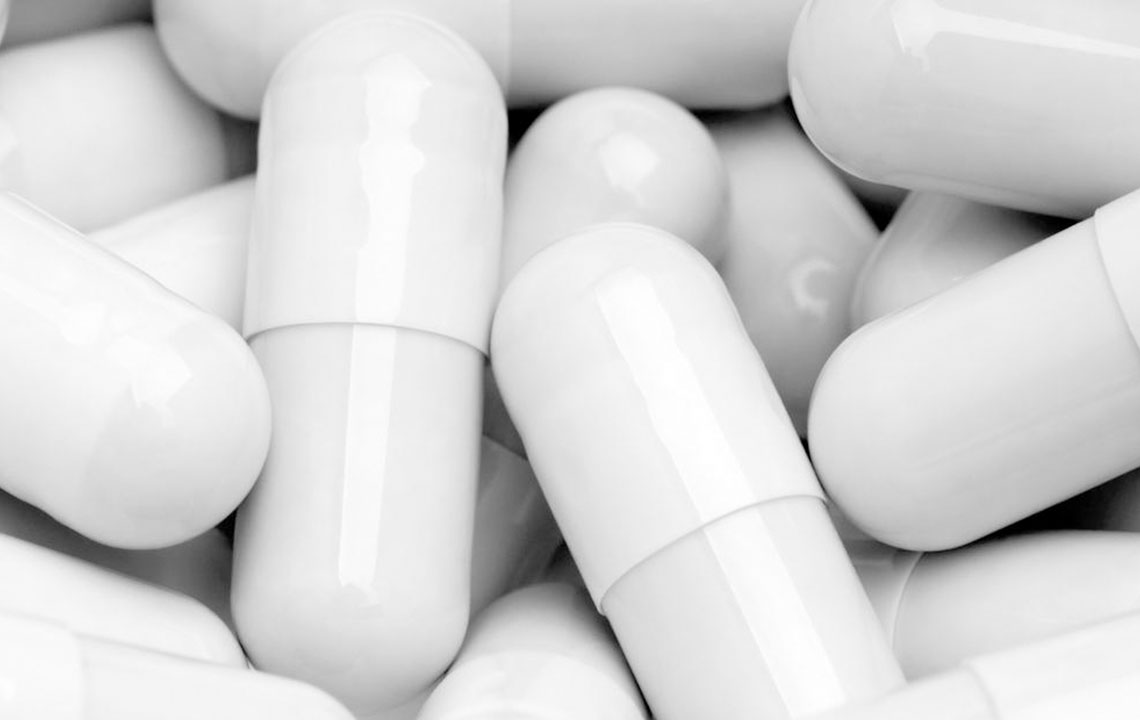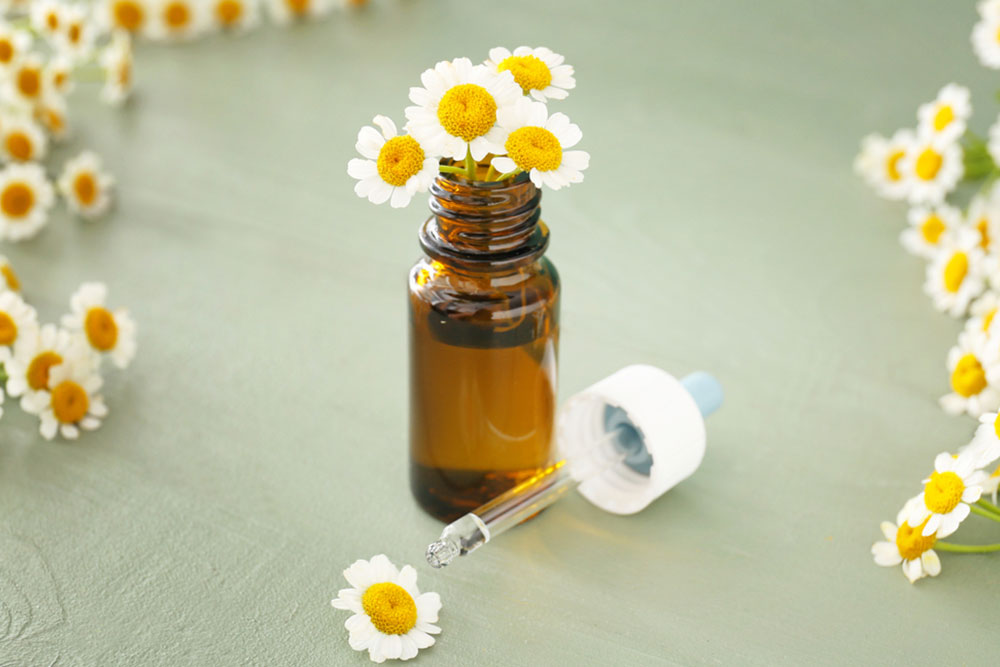Effective Ways to Treat Low Levels of Testosterone
Testosterone, a hormone generated by the testicles, is required for boosting masculinity and muscle development. An increase in the levels of this hormone during adolescence is the reason why boys develop male characteristics such as facial hair and a deep voice. In addition to this, testosterone promotes red blood cell production, strengthens the bones, uplifts mood, and fosters mental capabilities.
The levels of testosterone in the body peak during early adulthood and they begin to decline after the age of 40 years.

Although a reduction in the testosterone levels occurs as one grows old, it may occur owing to other health conditions such as infections, injuries, cancer treatments, hormonal or steroid drug consumption, stress, obesity, alcoholism, and severe illnesses.
Normally, testosterone levels in the body range between 300 and 1000 nanograms per deciliter of blood. Men with levels less than this lower limit are deemed as suffering from low testosterone. This is a major concern for men. Hence one must consider consulting a doctor for low testosterone treatment.
Who Needs Low Testosterone Treatment?
Every individual diagnosed with a low testosterone level does not require treatment. Indeed, doctors say that low testosterone therapy is needed only when accompanied by several associated symptoms that are severe.
Since treatment of low testosterone involves certain risks such as increased disposition towards blood clotting, breast enlargement, acne, and stroke, physicians prefer to identify the cause of reduced blood testosterone levels.
If an individual suffers from unnatural weight gain, thyroid disorders, or side effects of certain medications are determined as the cause, these reasons are addressed and treated as a priority. Similarly, if men do not suffer from important symptoms such as decreased energy levels and sexual desires, doctors do not immediately recommend therapy.
Further, in men diagnosed with low levels of the hormone, physicians also examine their bones, prostate, kidneys, and heart to determine if they qualify for therapy. For example, individuals with poor bone density are encouraged to undergo therapy, whereas those suffering from prostate cancer, cardiac problems, urinary issues, and sleep apnea are advised against it.
Testosterone Replacement Therapy
The best way to treat low testosterone levels is by undergoing testosterone replacement therapy. This treatment method essentially aims at restoring the decreased hormone levels in the body and alleviating related symptoms.
Different techniques by which testosterone is delivered in the body include:
- Intramuscular Injections
- Testosterone patches or gels
- Mouth patches
- Pellets
Intramuscular Injections
This is one of the most economically viable treatments for low levels of testosterone. The testosterone injections are administered intramuscularly, approximately once in seven to 22 days.
As the body absorbs the hormone gradually, testosterone levels peak after a few days and then decline. This may cause mood swings and a fluctuation in the energy levels. One drawback of taking injections is that it can be quite painful, particularly when considering the frequency of the shots.
Testosterone Patches or Gels
Gels or patches containing testosterone are placed right over the skin once in a day, preferably during the evening hours. The patch or gel, placed on the thighs, shoulders or upper arms, releases the hormone, which is then absorbed slowly by the skin. Since gels or patches must be applied on a daily basis, they help maintain testosterone levels. Moreover, they are not painful, unlike injections. However, sometimes the gels or patches may irritate the skin and cause itching and blisters.
It is also important that children and women do not touch the skin area over which the gel or patch was applied for at least two hours after treatment to avoid absorbing the hormone themselves.
Additionally, users must wash their hands thoroughly after application and preferably cover the concerned skin area with a cloth to prevent others from coming into contact with it.
Mouth Patches
Also called as buccal patches or tablets, these are affixed to the inner area of the cheek or the gums over the incisors two times every day. Users must be careful not to swallow the patches as this renders them ineffective.
Although mouth patches may irritate the oral tissues, trigger headaches, and leave a bitter taste in the mouth, they do allow individuals to consume food and drinks normally.
Pellets
Pellets are implanted beneath the skin, usually in the buttocks or hip region. These offer longer action and require replacements just once in three to six months.
It is observed that men find relief from common low testosterone symptoms, such as better moods and energy levels, after four to six weeks of the treatment. However, it may be as long as three to six months for an improvement in the muscle mass to become obvious.
While low testosterone treatment does improve the sexual and overall health of men, it must be taken under medical supervision and only if its benefits outweigh its risks.




